ISO 20022 Coins - Are These Coins Good to Invest?

In the ever-evolving world of cryptocurrency, staying updated with the latest standards and technologies is imperative. One such development that has gained traction is the adoption of the ISO 20022 messaging standard.
In this comprehensive guide, we'll dive deep into what ISO 20022 coins are, their significance, and how they're revolutionizing crypto space.
What is ISO 20022?
Definition - ISO 20022 is a global messaging standard adopted by the financial world. It's not just limited to crypto but extends to other financial transactions, including payments, securities, trade services, cards, and foreign exchange. Its goal is to create a universal standard for exchanging financial messages.
Importance in the Financial Ecosystem - By promoting a singular messaging standard, ISO 20022 simplifies global business communication. It reduces errors, lowers operational costs, and promotes seamless integration among different financial systems worldwide.
ISO 20022 and Cryptocurrency
Bridging the Traditional and Digital Worlds - ISO 20022 acts as a bridge between traditional banking and the digital currency world. By integrating this standard, cryptocurrencies can be more widely recognized and accepted by mainstream financial institutions, fostering mutual growth.
Ensuring Data Richness - The messaging standard carries detailed information about transactions, ensuring more transparency and facilitating better compliance with regulations. This is especially critical in the crypto space, often viewed as a 'wild west' of finance.
How Do ISO 20022 Coins Work?
The intricate world of ISO 20022 coins stems from their integration of the ISO 20022 messaging standard, a globally accepted protocol for transmitting financial information.
But how does this integration manifest itself in the operation of these coins? At its core, ISO 20022 is a comprehensive and versatile framework that uses structured and descriptive messages.
When cryptocurrencies incorporate this standard, they essentially remodel their transactional messaging to be in sync with this universally recognized protocol.
This means that every transaction carried out with an ISO 20022 compliant coin is embedded with rich data, encompassing not just the fundamental details like sender, receiver, and amount, but also metadata about the transaction itself.
The structured nature of these messages significantly minimizes ambiguities and errors. In practical terms, when you're transacting with an ISO 20022 coin, whether you're sending, receiving, or just verifying a transaction, the underlying technology ensures a clearer, more standardized, and detail-rich information flow.
This doesn't just make the transaction more transparent; it also facilitates easier integration and communication with traditional financial systems that already employ the ISO 20022 standard.
Hence, these coins act as a bridge, melding the innovative realm of cryptocurrencies with the established world of mainstream finance, making cross-border transactions, trade finance, and global payments more seamless and efficient than ever before.
List of ISO 20022 compliant cryptocurrencies
As of 2023, several cryptocurrencies have notably aligned themselves with the ISO 20022 standard, marking a significant step towards bridging traditional financial operations with the revolutionary world of digital assets:
XRP (XRP): Spearheading the ISO 20022 adoption, XRP, backed by the Ripple company, offers a digital payment protocol more than just a cryptocurrency.
It specializes in faster, cost-effective cross-border transactions, with its infrastructure designed to facilitate direct transfers between two parties in any form of currency, including other cryptos.
Quant (QNT): Quant's Overledger is renowned for its capability to interlink various blockchains, enabling them to operate harmoniously. By embracing ISO 20022, Quant further amplifies its commitment to connect diverse financial systems seamlessly and efficiently.
Algorand (ALGO): A public blockchain and cryptocurrency project, Algorand focuses on ensuring decentralized agreements and constructing new financial tools. Its adoption of ISO 20022 underscores its mission to maintain a transparent, secure, and speedy transaction system.
Stellar (XLM): Stellar's mission to connect banks, payment systems, and consumers seamlessly finds further strength with its ISO 20022 integration. It's optimized for quick transactions, making cross-border transfers affordable and straightforward.
Hedera HashGraph (HBAR): Distinct from a traditional blockchain, Hedera Hashgraph offers a distributed ledger technology, boasting high-grade security and speed. Their commitment to the ISO 20022 standard highlights their aim for broader financial collaboration and streamlined transactions.
IOTA (MIOTA): Rather than a blockchain, IOTA employs a directed acyclic graph called Tangle to manage its transactions. The ISO 20022 compliance attests to IOTA's dedication to evolve and sync with the globally accepted financial standards, amplifying its suitability for microtransactions and IoT implementations.
XDC Network (XDC): This enterprise-ready hybrid blockchain solution, specifically designed for Trade and Finance, optimally aligns with the ISO 20022 standard. XDC stands out in terms of interoperability, efficiency, and ease of integration into legacy systems, making it a prime choice for global finance operations.
Are ISO 20022 Compliant Coins Good to Invest?
Navigating the vast cryptocurrency market for sound investments often hinges on spotting trends anchored in real-world utility. ISO 20022 compliant coins, given their alignment with a global financial messaging standard, inherently possess a competitive edge.
Their integration with this standard signifies a commitment to transparency, interoperability, and regulatory compliance. For investors, this can translate to a higher degree of trust and potential for mainstream adoption.
While all investments come with risks, the strategic position of ISO 20022 coins in bridging traditional finance with digital assets makes them a compelling consideration for a diversified crypto portfolio.
Future Outlook and Possibilities
As we move further into the digital age, the adoption of universal standards like ISO 20022 becomes increasingly important. This trend suggests a brighter future for compliant coins, with the potential for wider mainstream acceptance and more robust investment opportunities.
Already, we're seeing financial institutions, payment providers, and regulatory bodies taking interest in these coins, signaling their growing relevance.
As more sectors of the financial world adopt the ISO 20022 standard, these cryptocurrencies could become the go-to options for transactions that require speed, transparency, and a high degree of compatibility with existing financial systems.
Benefits of ISO 20022 Coins
Enhanced Interoperability - These coins can communicate effortlessly with banks and other financial entities using the same standard, eliminating potential barriers.
Advanced Compliance - With detailed transaction information, it becomes easier for these coins to adhere to regulatory standards, instilling more trust among investors and institutions.
Cost-Efficiency - A universal standard cuts down on transaction discrepancies, reducing the cost of resolving such issues and ensuring smooth operations.
Challenges and Considerations
Integration Overhead - Adapting to ISO 20022 can be cumbersome for some projects, given the need to overhaul existing systems.
Rapidly Evolving Crypto Landscape - While ISO 20022 is a robust standard, the world of crypto is ever-changing. Coins must ensure that this adoption doesn't stifle innovation or flexibility.
Frequently Asked Questions
Q1. What triggered the need for a standard like ISO 20022 in cryptocurrencies?
While cryptocurrencies are revolutionary, their acceptance and integration into the broader financial system require standardized communication. ISO 20022 provides this standard, ensuring smooth, error-free transactions with traditional financial entities.
Q2. How does ISO 20022 impact cross-border transactions?
ISO 20022 streamlines and simplifies cross-border transactions, ensuring they're faster, more transparent, and compatible with varying regional financial systems.
Q3. Does ISO 20022 compliance mean a cryptocurrency is more secure?
While ISO 20022 enhances transaction clarity and standardization, it doesn't necessarily correlate with heightened security. Each cryptocurrency's security is based on its underlying technology and protocol.
Q4. How does ISO 20022 influence transaction fees?
By standardizing transaction messaging, ISO 20022 can potentially reduce errors and discrepancies, which might lead to reduced costs. However, transaction fees are also influenced by other factors, such as network congestion.
Q5. Will more cryptocurrencies adopt ISO 20022 in the future?
Given the standard's growing importance in the financial world, it's likely that more cryptocurrencies will consider ISO 20022 adoption to increase interoperability and acceptance among traditional financial institutions.
Q6. How can I check if a cryptocurrency is ISO 20022 compliant?
Usually, cryptocurrency projects that adopt ISO 20022 will announce it through their official channels. Investors can check the project's whitepaper, official website, or community forums for such information.
Q7. Are there any drawbacks for cryptocurrencies adopting ISO 20022?
While the standard brings many benefits, adoption might mean a significant overhaul of existing systems for some cryptocurrencies. This can be resource-intensive and may temporarily divert focus from other developmental priorities.
Q8. Can ISO 20022 adoption influence a cryptocurrency's price?
Market sentiment is influenced by various factors, including adoption of global standards. While ISO 20022 compliance might be seen as a positive development, it's just one of many factors that can impact a coin's price.
The Bottom Line
In an ecosystem as dynamic as cryptocurrency, the adoption of ISO 20022 presents a seismic shift, setting a new benchmark for financial messaging standards.
By integrating this globally recognized standard, these coins are not just pioneering a new frontier of transparency and efficiency but are also forging a stronger alliance with the mainstream financial world.
Whether you're an investor or simply interested in the future of digital assets, ISO 20022 compliant coins warrant your attention.
Also remember, Cryptocurrencies exhibit significant volatility. Before committing to any investment decisions, it's crucial to conduct thorough research or seek guidance from a financial advisor.
Disclaimer
The information provided on this website does not constitute investment advice, financial advice, trading advice, or any other sort of advice and you should not treat any of the website's content as such.
Token Metrics does not recommend that any cryptocurrency should be bought, sold, or held by you. Do conduct your own due diligence and consult your financial advisor before making any investment decisions.
Create Your Free Token Metrics Account

.png)




%201.svg)
%201.svg)


%201.svg)



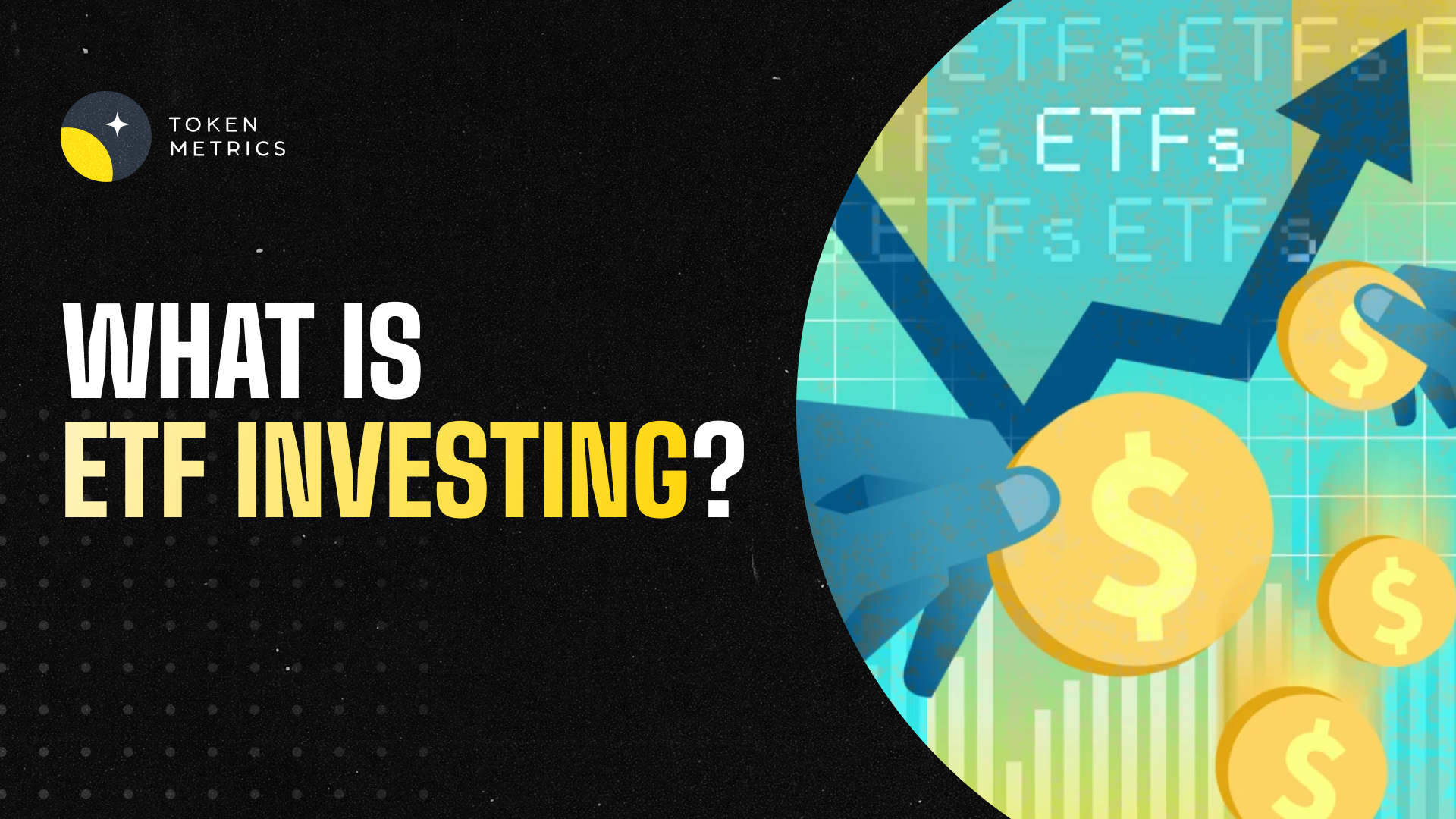

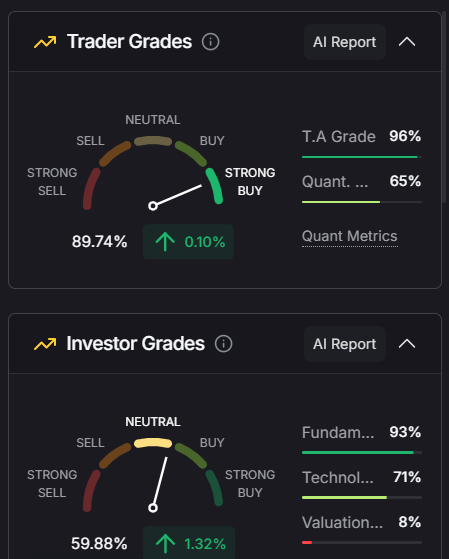

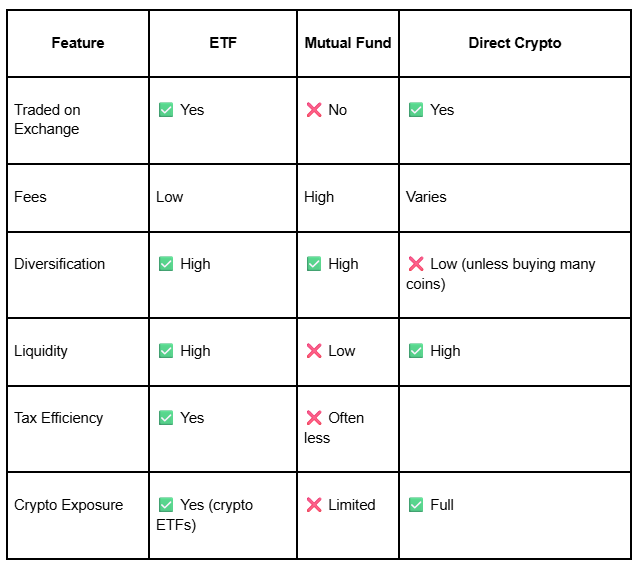
.png)

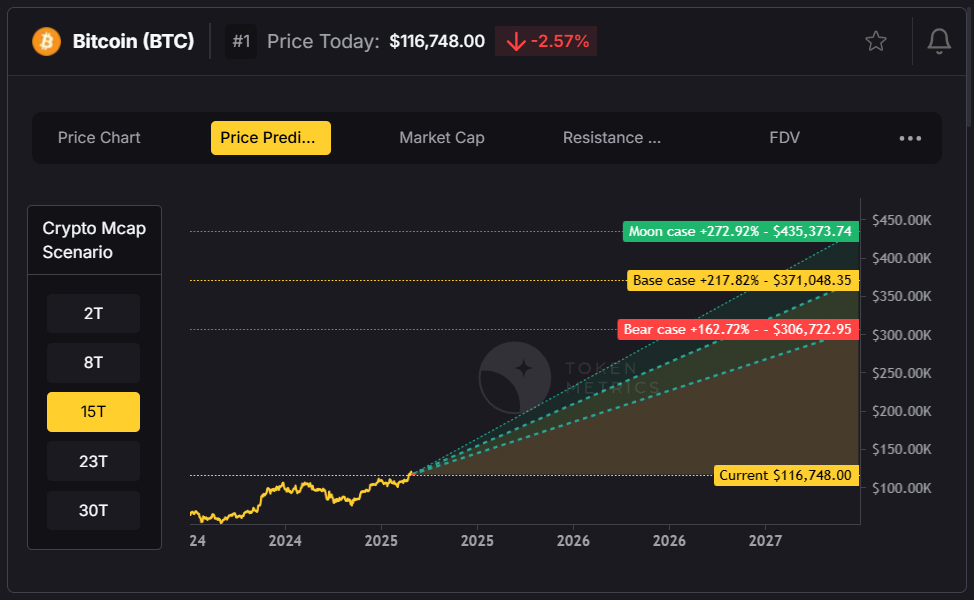

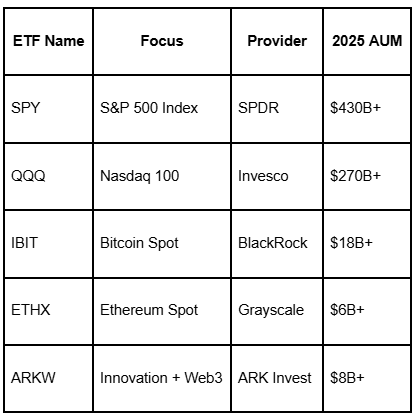
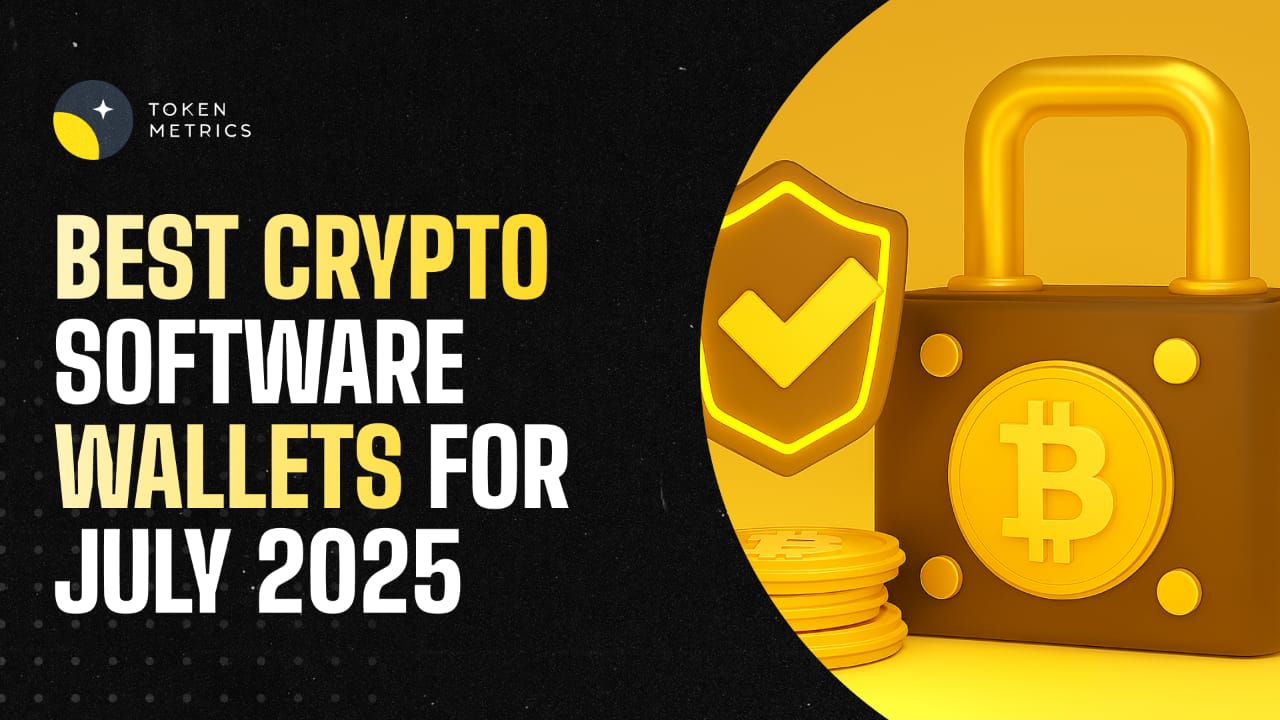



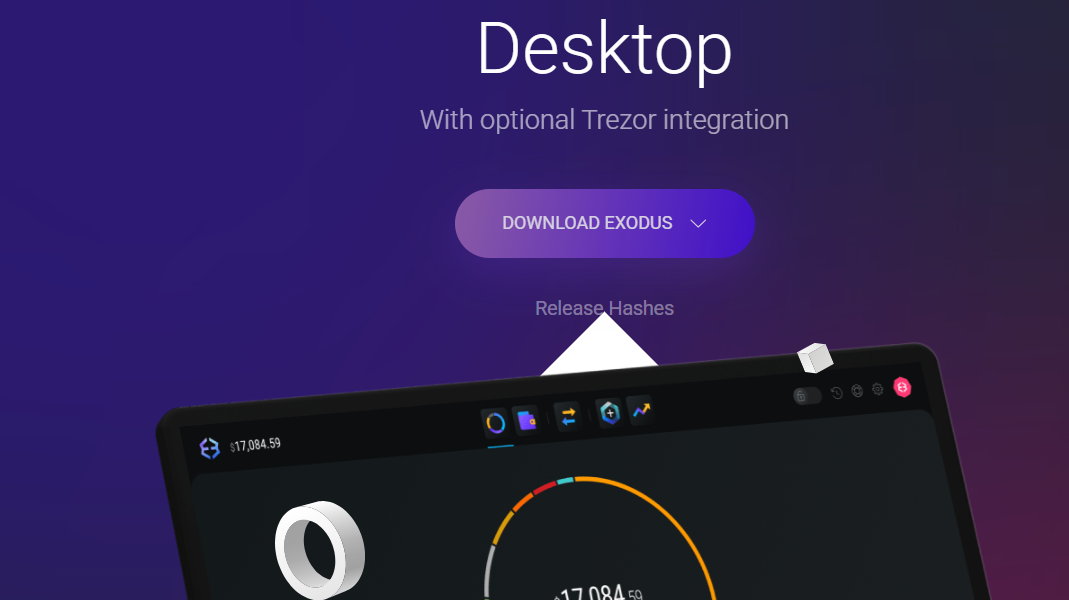
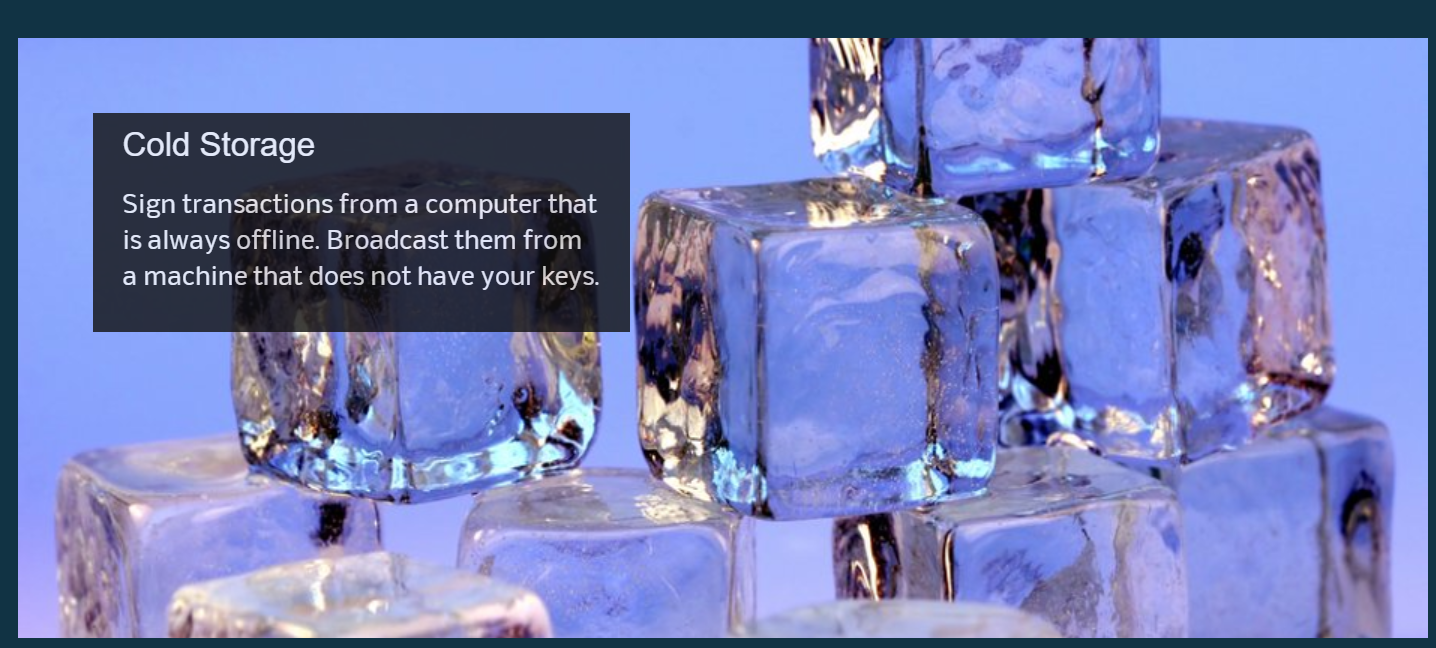


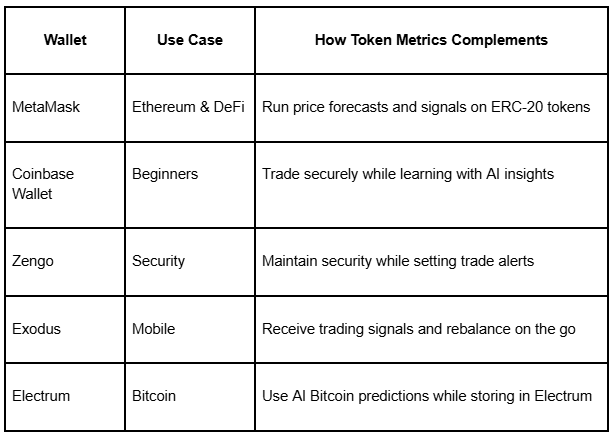




.svg)




.png)